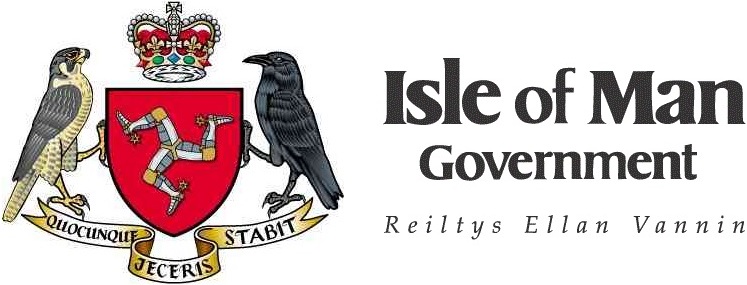Central Registry Bill 2017 consultation
Feedback updated 22 Jan 2018
We asked
Our consultation paper sought views on the permanent transfer of registry and public record office functions from the General Registry to the Department for Enterprise. The functions were transferred with effect from April 2015 under delegation as an interim arrangement.
At DfE the functions have been combined with its existing Companies Registry functions to create a new Central Registry which is responsible for a range of registers.
The Bill seeks to make legislative changes to implement the transfer permanently.
You said
We received 11 responses. The majority of which were courtesy responses from notified bodies, such as local authorities, not wishing to comment; or individuals asking for further background but not making comment.
One response suggested that the judicial aspects of Land Registry Legal Officer role, which is currently carried out under delegation from a Senior Court officer, required consideration within the new Central Registry structure.
Following further consultation with the Land Registry User Group and number of suggestions where raised in regard to the registration of Deeds.
We did
Safeguards were added to Legal Officer’s role, to explicitly maintain its independence in relation to its judicial and quasi-judicial functions.
At the request of the Land Registry User Group minor changes for the registration of pre-emption agreements (a conditional contract) have been added for clarity and avoidance of doubt to the Registration of Deed Act 1961.
Overview
Following a report by the General Registry and its subsequent approval by the Government Reform Group the General Registry was restructured on 1st April 2015 as part of Government's ongoing programme to improve the efficiency and effectiveness of services provided to the public.
The changes included the transfer of the Land, Deeds and Probate, and Civil Registries, Charities Register and the Public Record Office to the Department of Economic Development (DED), where they were merged with the Companies Registry to form the new Central Registry.
The Central Registry is currently performing the transferred functions via delegated authority from the Chief Registrar as statutory transfer of those functions requires primary legislation; it is not possible for the functions to be transferred by secondary legislation as would generally be the case for other government departments. The Bill that is the subject of this consultation therefore simply gives legislative effect to the restructuring changes that have already been made.
The Bill also includes a number of minor amendments to legislation to ensure that it reflects changes in practice which have occurred as a result of other governmental restructuring and changes in working practices, especially those driven by technological change. However the Bill does not make any major changes to the way in which the Lands, Deeds and Probate, and Civil Registries, the Public Record Office and the Charities Register operate.
The remaining General Registry is now a focused Courts and Tribunals Service primarily concerned with supporting the independent judicial process and enhancing the high international reputation of the Island's courts. It is envisioned that the General Registry name and the job titles within the organisation will be revised in due course to better reflect this and avoid confusion with the new Central Registry.
Subsequent to the drafting of this Bill, DED has published a high level strategic review of the Department to establish how it can effectively support the Government’s ambition for economic growth. Among other recommendations the review proposes than the Central Registry remains part of the refocused Department which will be renamed the Department for Enterprise.
Subject to acceptance of the recommendations in the review, references to the Department of Economic Development in the Central Registry Bill will be changed to Department for Enterprise.
Why your views matter
We are consulting to raise awareness of the Bill and seek comments.
What happens next
Following consultation, the next steps in the process will be as follows.
The Department will:
- Review comments received from consultees
- Publish a document on the DED website summarising the main points made and setting out any changes to the proposals
- Prepare the Bill for introduction into the Legislative Branches
Areas
- All Areas
Audiences
- Homeowners
- Older people
- Parents, carers and & guardians
- Retired
Interests
- Business
- Economy
- Elections & voting
- Older people
- Policies, strategies & plans
- Volunteering

Share
Share on Twitter Share on Facebook